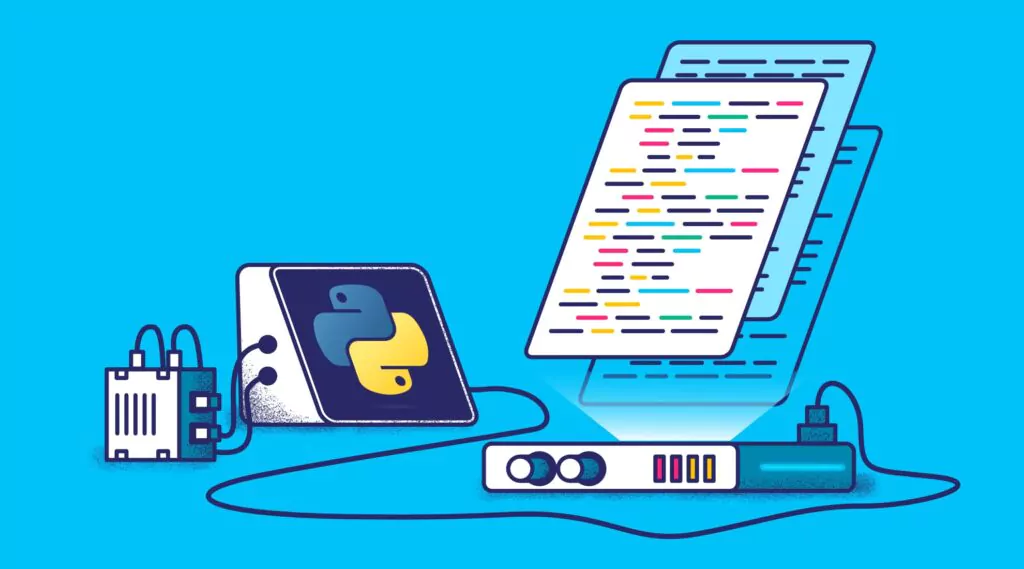8 Tips for Better Logging in Games

Gaming apps are complex systems. They combine multi-function systems, like the game engine, to other resources such as server containers, proxies and CDNs in order to give users a real-time interactive experience.
At the same time, managing cross-functional behavior also means that games could generate massive amounts of data, commonly known as logs. You’ll want to turn that data into useful information to help improve game performance.
This article will explore why effective log management in gaming apps is important and provide pro-tips for better logging in games.
Why is logging in games unique?
Game data logs come from a large number of sources. First, the game engine generates logs on the game architecture. Game servers collect data across logins, in-game purchases, third-party integrations, and more.
Coralogix offers log management to boost overall performance, as observability platforms push the gaming industry into the next level. For example, logs generated from user-side interactions can help you spot in-game errors and identify user-specific bugs. That being said, logging in games can be tricky because game apps don’t operate like other apps, making them unique.
User behavior
Games are designed to provide an engaging and immersive experience that users can interact with for long periods. To improve the user experience, you can collect data on everything from location to device type, specification, through your game logging.
Game developers can gain valuable insights into user behaviors, preference, and technical challenges by logging and analyzing this type of data.
Complexity
Game apps have a lot of moving parts. Several functions need to integrate seamlessly to provide a smooth gaming experience for your users. You have to also monitor and collect data from all your game functions and integration layers to gain a complete picture of how your game works.
Latency
In gaming, high responsiveness and minimal latency are important for an easy and enjoyable experience. When there’s a noticeable delay between a user’s action and the app’s response, it can make the game virtually unplayable. The most common culprit behind latency issues is delayed server communications, thus making real-time monitoring of server interactions essential.
Third-party integrations
Games primarily make money through in-game purchases, which usually involves payment processing integrations that deal with sensitive user data. As a result, these logs need to be carefully handled.
Games might also have in-game ads for external products, which can impact gameplay. You’ll want to collect data on how your users interact with these ads as well.
Expert tips for logging in games
1. Use a log-level system
Since games generate numerous logs, having a log-level system is essential. It provides a way of labeling encountered errors in order of severity.
Coralogix’s ML-powered alerting system can easily help your system distinguish the severity of errors and create appropriate alerts. In addition, the Dynamic Alerts feature helps you set up dynamic thresholds and detect anomalous behavior faster.
2. Establish a consistent logging format
Your game app is a complex system of different parts — servers, CDNs, the game engine, and more. Each of these parts generates its own data logs, formatted to its design specifications. Differences in the formatting of these logs can make it challenging to get a complete overview of your game app.
Therefore, you need to establish a consistent formatting system for your logs. With Coralogix’s log monitoring, you can extract all your logs from multiple sources into a single location and convert them to a uniform format.
3. Collect contextual user gameplay data
User gameplay data like player levels can provide you information on gameplay errors that are encountered in-game. For example, if a player finds an error in the game, it could be due to a function not enabled for their game level.
You can track these minute contextual data with Coralogix’s Log Aggregation Function. Coralogix clusters millions of logs into readable templates to help you extract useful insights for your needs.
4. Log key game events and functionality
Major transition points like new levels usually have to load new resources and generate new interfaces. However, the time to load these screens can greatly impact gameplay.
Similarly, the accuracy of information retained from previous levels is important. You’ll want to collect data when game functions, like saving gameplay progress, are triggered. If any failure occurs, parsing your real-time logs can help prevent the user from losing their game progress.
5. Include timestamps for logging in games
Timestamps help you understand “when” an event — desired or undesirable — occurred in the game. Knowing the time separation between events can help you determine which game function might be responsible for the error. Further, logging response times can help you make data-backed decisions, refine game mechanics, and enhance the user game experience.
6. Avoid logging sensitive user data
Avoid collecting the wrong kind of data when logging in. You should avoid logging sensitive user data like card details and passwords. Coralogix’s auto-parsing feature can help you exclude these categories of data, allowing you to comply with industry regulations.
7. Log data from third-party integrations
Third-party integrations like payment processors deal with sensitive data, while integrations like ads can affect gameplay. You need to collect data on user interactions with these integrations and gauge their effectiveness. Coralogix helps you integrate data from any source into your own custom-built dashboard using our cross-vendor compatibility features.
8. Monitor the load time
An essential game logging tip is to implement monitoring load times and startup routines. While players might be willing to wait longer than usual for a game to load, the faster your load times the better. You’ll need to monitor how long it takes your users to get access to their gameplay screen and improve wherever necessary.
The future of game logging
With immersive games like virtual reality games, the ability to log and render data values in real-time is invaluable. Invest in a log management solution for your organization. Your developers can effectively manage and analyze their game logs in the Coralogix platform, ensuring a complete immersive gameplay environment. The future of gaming lies in data-driven designs; your data logs are the fuel for it.




